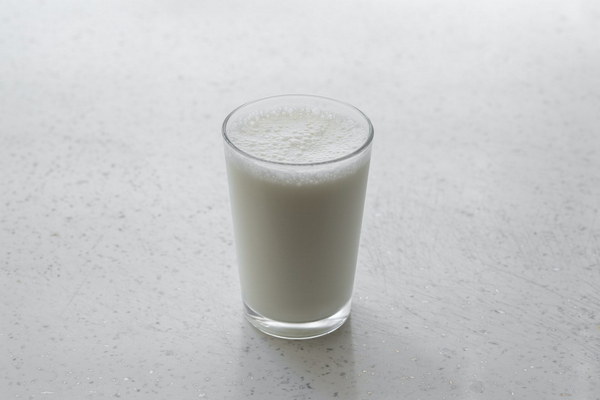Does Liver Protection Medication Cause Yellow Urine Understanding the Connection
Yellow urine is a common concern for many individuals, especially those taking medication for liver protection. The question often arises: Does liver protection medication cause yellow urine? In this article, we will explore the connection between liver protection drugs and yellow urine, discussing the possible reasons behind this phenomenon and providing guidance on what to do if you notice yellowing of your urine.

Firstly, it is important to note that the color of urine can vary depending on various factors, including hydration levels, diet, and certain medications. Liver protection medications, also known as hepatoprotective agents, are designed to treat liver diseases and enhance liver function. While these drugs are beneficial for managing liver conditions, they can sometimes affect the color of urine.
One of the primary reasons liver protection medication may cause yellow urine is due to their effect on the liver's ability to process bilirubin. Bilirubin is a yellow pigment produced as a result of the breakdown of red blood cells. Normally, the liver filters bilirubin from the blood and excretes it through the bile, which is then released into the intestines. However, when the liver is damaged or not functioning properly, bilirubin levels can rise, leading to yellowing of the skin and eyes (jaundice) and, consequently, yellow urine.
Liver protection drugs can affect the liver's ability to process bilirubin in several ways:
1. By reducing liver inflammation: Inflammation can impair the liver's function and its ability to process bilirubin. By reducing inflammation, these medications can help restore normal bilirubin levels and, in turn, decrease the yellowing of urine.
2. By protecting liver cells: Liver protection drugs can prevent liver cells from being damaged further, thereby improving the liver's ability to process bilirubin and excrete it through bile.
3. By enhancing bile flow: Some hepatoprotective agents can promote the flow of bile, which may help in excreting bilirubin more effectively and, subsequently, reduce the yellowing of urine.
It is important to note that while yellow urine can be a side effect of liver protection medication, it does not necessarily indicate a severe liver condition. However, if you notice a significant change in the color of your urine, it is essential to consult with your healthcare provider.
Here are some tips to consider if you experience yellow urine while on liver protection medication:
1. Stay hydrated: Adequate fluid intake can help maintain normal urine color and aid in the excretion of bilirubin.
2. Monitor your diet: Certain foods and beverages can affect urine color. Avoiding excessive consumption of carrots, beets, and vitamin supplements can help minimize the impact on urine color.
3. Inform your healthcare provider: If you experience yellow urine, it is crucial to discuss it with your healthcare provider. They can evaluate your condition, assess the effectiveness of your medication, and recommend necessary adjustments or alternative treatments if needed.
4. Follow your treatment plan: Continue taking your liver protection medication as prescribed by your healthcare provider. Discontinuing the medication without proper guidance can worsen your liver condition.
In conclusion, liver protection medication can cause yellow urine due to its impact on bilirubin processing. While this side effect is not uncommon, it is essential to monitor your urine color and consult with your healthcare provider if you notice any significant changes. By maintaining proper hydration, following a balanced diet, and adhering to your treatment plan, you can help manage this potential side effect and support your liver health.









